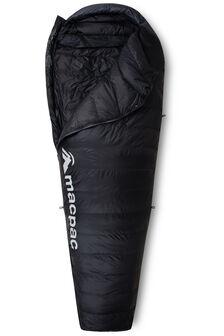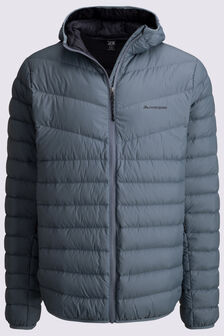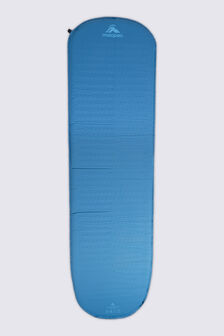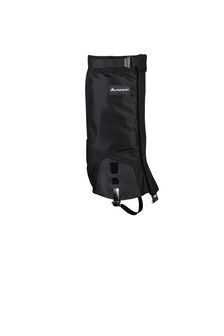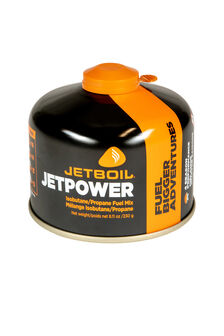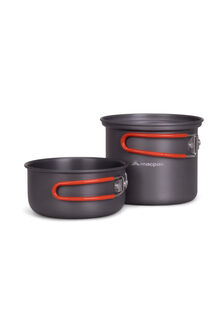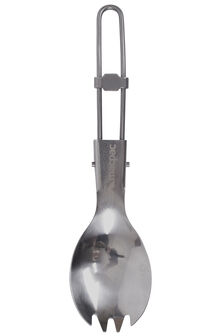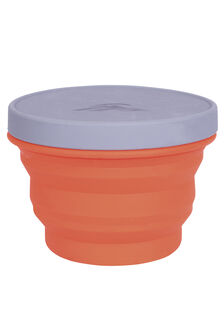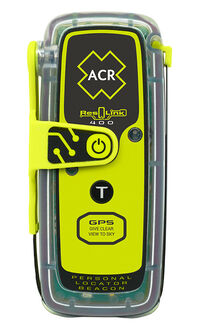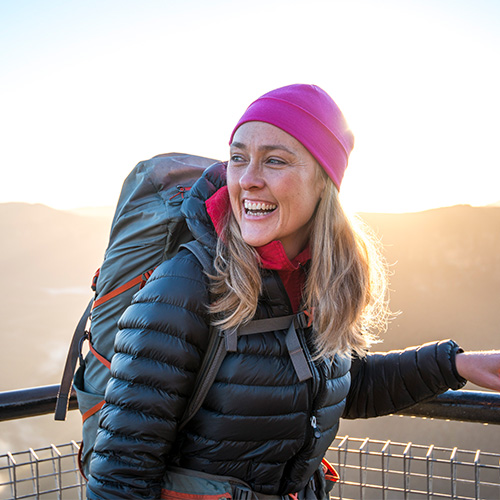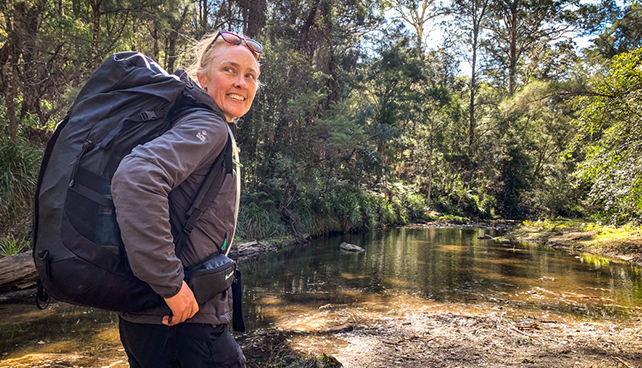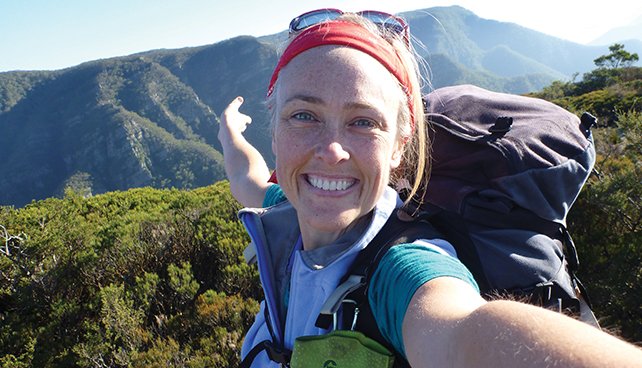
Caro Ryan knows what she’s talking about when it comes to the outdoors. A self-confessed nature-junkie and founder of the bushwalking site Lotsafreshair, Caro has built up years of experience in the outdoors. She loves sharing her knowledge with others to help them get outside and explore more.
When packed efficiently, your backpack is your best friend. But if you haven’t done an overnight hike before, it can be overwhelming knowing what to take and how to get everything inside. Caro’s approach is practical and easy to remember. Even if you’re a hiking veteran, you might find a few tips (and subsequent tweaks of your routine!) will go a long way towards having a safer and more comfortable adventure.
“It makes sense to want to make our backpacks as light as possible, whilst not giving up any of the essentials for comfort or for safety. It’s good for our bodies and means we can spend our time enjoying wild places, not enduring them. ”

What to bring with you on a weekend hike
Caro: I like to think about things in categories: House, Clothes, Food, Safety and Accessories.
Category 1: House
Caro: The easiest way to remember what goes in your house is – something to sleep In (my sleeping bag), On (my sleeping mat) and Under (my tent or shelter).
Category 2: Clothes
Caro: I’ll comfortably wear the same gear in the bush a few days in a row. So, that’s my top and bottom sorted. I always carry a full set of merino thermals (top and bottom) and a beanie in a dry-bag. For additional warmth, I’ll keep a mid-layer. This may be a technical fleece or down jacket. And depending on the forecast, I’ll bring a lightweight rain jacket, or something more hardcore. Another thing I always bring is a pair of gaiters – useful in the Aussie bush in summer!
Macpac Standard Dusk 400 Down Sleeping Bag (-3°C)
Our Price
NZ$330.99MEMBERS PRICE
38% OFFCLEARANCE
38% OFFSALE
38% OFFMacpac Men's Mercury Down Jacket
Our Price
NZ$139.00MEMBERS PRICE
CLEARANCE
SALE
Macpac Sleeping Mat — 3.8cm
Our Price
NZ$69.99MEMBERS PRICE
30% OFFCLEARANCE
30% OFFSALE
30% OFFMacpac Torlesse Gaiters
Our Price
NZ$51.96MEMBERS PRICE
20% OFFCLEARANCE
20% OFFSALE
20% OFFCategory 3: Kitchen
Caro: So for my kitchen I carry a pot set. Inside is a gas canister and a small cooking stove. I only carry one cup, a nice easy folding cup that pops on top. I’ll eat straight from the pot so don’t have to worry about bowls, plates that kind of thing. For cutlery I have a small folding knife and long handle titanium spoon.
All my food is wrapped up in a food bag. I like having a packet of wraps which don’t take up much space and can easily slide down the side of the pack. I always carry two kinds of water carriers with me. A hydration bladder for drinking while walking and a water bottle. You never know what might happen – your hydration pack might spring a leak or burst, so it’s always a good idea to bring a bottle – that way you know you’ll always be able to carry your life-saving water.
Category 4: Safety
Caro: For safety, I carry a Personal Locator Beacon (PLB), a whistle and my mobile phone in a waterproof case. My phone doubles as my GPS and is my first port of call in an emergency. To keep my mobile charged, I carry a power bank with me. They come in different sizes depending on their power. I also have a first aid kit, topo map and compass in a waterproof case. It can be useful to have a pencil and notepad too.
Category 5: Accessories
Caro: The final category is accessories – I carry lip balm, and a hanky (better than having tissues flying around in the wild) and instead of carrying a big heavy wallet, I recycle a ziplock produce bag and just pop my drivers license and credit card in that. I also make sure to have a head torch, sunscreen, insect repellent and sunglasses.
My toilet bag. Inside is a small shovel, toilet paper, hand sanistiser. Lately I’ve also started carrying a corn starch bag – if I’m in an area that’s sensitive, or I can’t dig a hole that’s the necessary depth of about 15cm, I’ll actually carry out my waste. The corn starch bags are great because they’re totally biodegradeable, compostable and I can carry waste out with me.
The final thing to cover is my fire lighting kit. Again, I use a recycled a produce bag as the pouch. Inside is a flint, waterproof matches, little bits of cardboard, a few little fire lighters and some cotton wool.
There you have it! That’s everything I would take with me for a weekend hike in the bush.
Once you’ve got all your gear, the next step is packing it into your bag! And it’s not just a case of shoving it all inside and hoping it fits. Watch the video to see Caro’s packing system, making sure the bulky items – or what she calls “blockers” go in first. The smaller items – the “stuffers” can fill up the space around. Once everything’s packed, the total weight of Caro’s pack is just 10.5kg, including 2L of water!
“Gone are the days of the massive 20L packs. It’s just not needed anymore. My back appreciates it, I know my knees certainly do. And it means I can enjoy amazing places like this, so much longer.”
Jetboil Jetpower Fuel — 230 g
Our Price
NZ$12.99MEMBERS PRICE
CLEARANCE
SALE
Macpac Solo Pot Set
Our Price
NZ$31.96MEMBERS PRICE
20% OFFCLEARANCE
20% OFFSALE
20% OFFMacpac Stainless Steel Spork
Our Price
NZ$7.99MEMBERS PRICE
20% OFFCLEARANCE
20% OFFSALE
20% OFFMacpac Silicone Container — 500ml
Our Price
NZ$10.39MEMBERS PRICE
20% OFFCLEARANCE
20% OFFSALE
20% OFFACR ResQLink 400 Personal Locator Beacon GPS
Our Price
NZ$599.99MEMBERS PRICE
CLEARANCE
SALE
